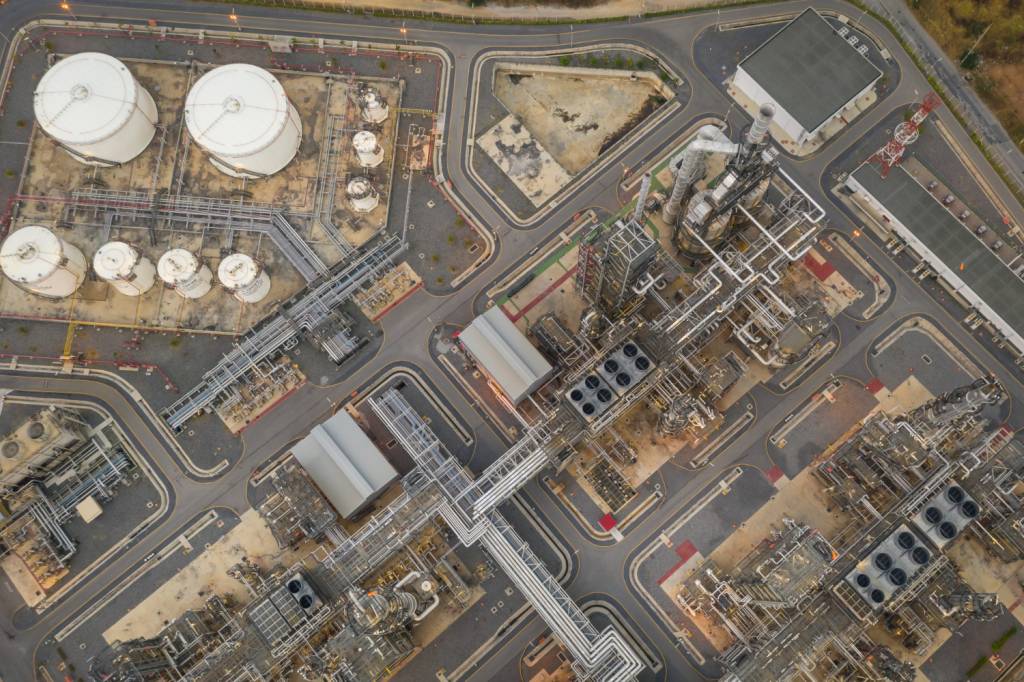Nigeria is Africa’s largest oil producer and holds one of the world’s largest reserves of crude oil and natural gas. But for decades, foreign dominance in exploration, production, and service delivery left Nigerian professionals and companies on the sidelines. That began to change with the introduction of the Nigerian Oil and Gas Industry Content Development (NOGICD) Act in 2010, a landmark law that has transformed the landscape of local participation.
Today, local content is more than a regulatory requirement—it’s a catalyst for economic empowerment, job creation, and industrial development. This blog explores how indigenous participation is reshaping Nigeria’s oil and gas sector and why it’s essential for long-term national growth.
🇳🇬 1. The Essence of Local Content
Local content refers to the use of Nigerian human resources, goods, services, and businesses in the oil and gas value chain. It aims to ensure that Nigerians are not just beneficiaries of oil wealth but active contributors and drivers of industry growth.
Under the NOGICD Act:
- Companies must source a minimum percentage of labor, materials, and services locally.
- Foreign firms are required to partner with or train Nigerian companies.
- Nigerian ownership and equity participation is promoted in contracts and projects.

📈 2. The Impact So Far: Growth in Indigenous Capacity
✅ Increased Local Participation
Since the Act’s enforcement:
- Over 300 Nigerian oil and gas service companies have emerged.
- Indigenous operators like Seplat Energy, Aiteo, and Oando now control significant oil blocks and assets.
- Local fabrication yards have expanded, reducing reliance on foreign modules.
✅ Job Creation & Skills Transfer
According to the Nigerian Content Development and Monitoring Board (NCDMB):
- Over 50,000 direct jobs and 400,000 indirect jobs have been created through local content enforcement.
- Nigerian engineers now handle over 80% of front-end engineering design (FEED) for major projects.
✅ Reduced Capital Flight
Local content helps retain more of the industry’s value within the country. Previously, up to 70% of oil and gas project costs went abroad. Today, more than 40% of contracts are awarded to Nigerian firms, keeping billions of dollars in the economy.
💪 3. Indigenous Operators: Rising to the Challenge
The divestment of onshore assets by oil majors has opened doors for Nigerian companies to lead operations. Firms like:
- Seplat Energy acquired ExxonMobil’s shallow water assets, producing over 90,000 barrels/day.
- Renaissance Africa Energy, a Nigerian-led consortium, took over key assets from Shell.
These companies are not just replacing foreign operators—they’re investing in local communities, developing infrastructure, and building local expertise.
⚙️ 4. Challenges Still to Overcome
Despite progress, several hurdles remain:
- Limited access to capital for indigenous businesses to scale operations.
- Skill gaps in highly technical areas like subsea engineering and LNG.
- Delays in contract approvals and bureaucratic bottlenecks that discourage innovation.
- Regulatory overlaps between NCDMB, NUPRC, and other bodies.
These barriers highlight the need for ongoing reforms and targeted investment in training, technology, and transparency.
🚀 5. The Future: Unlocking Full Potential
To deepen local content impact, Nigeria must:
- Invest in technical education and training institutions focused on oil and gas.
- Encourage more public-private partnerships to finance local enterprises.
- Promote research and development (R&D) in exploration, refining, and renewables.
- Leverage digital tools and automation to build a globally competitive workforce.
Moreover, integrating local content into clean energy projects, such as gas-based and solar solutions, will ensure Nigerian companies play a major role in the global energy transition.
📝 Conclusion
Local content is not just about compliance—it’s about ownership, empowerment, and national development. By empowering Nigerians to lead and innovate within the oil and gas sector, the country is not only safeguarding its energy future but also laying the foundation for a diversified and resilient economy.
Bonadi Global proudly supports the vision of a locally driven energy industry. Through partnerships, training, and indigenous sourcing, we are committed to building capacity that drives lasting growth across Nigeria.



